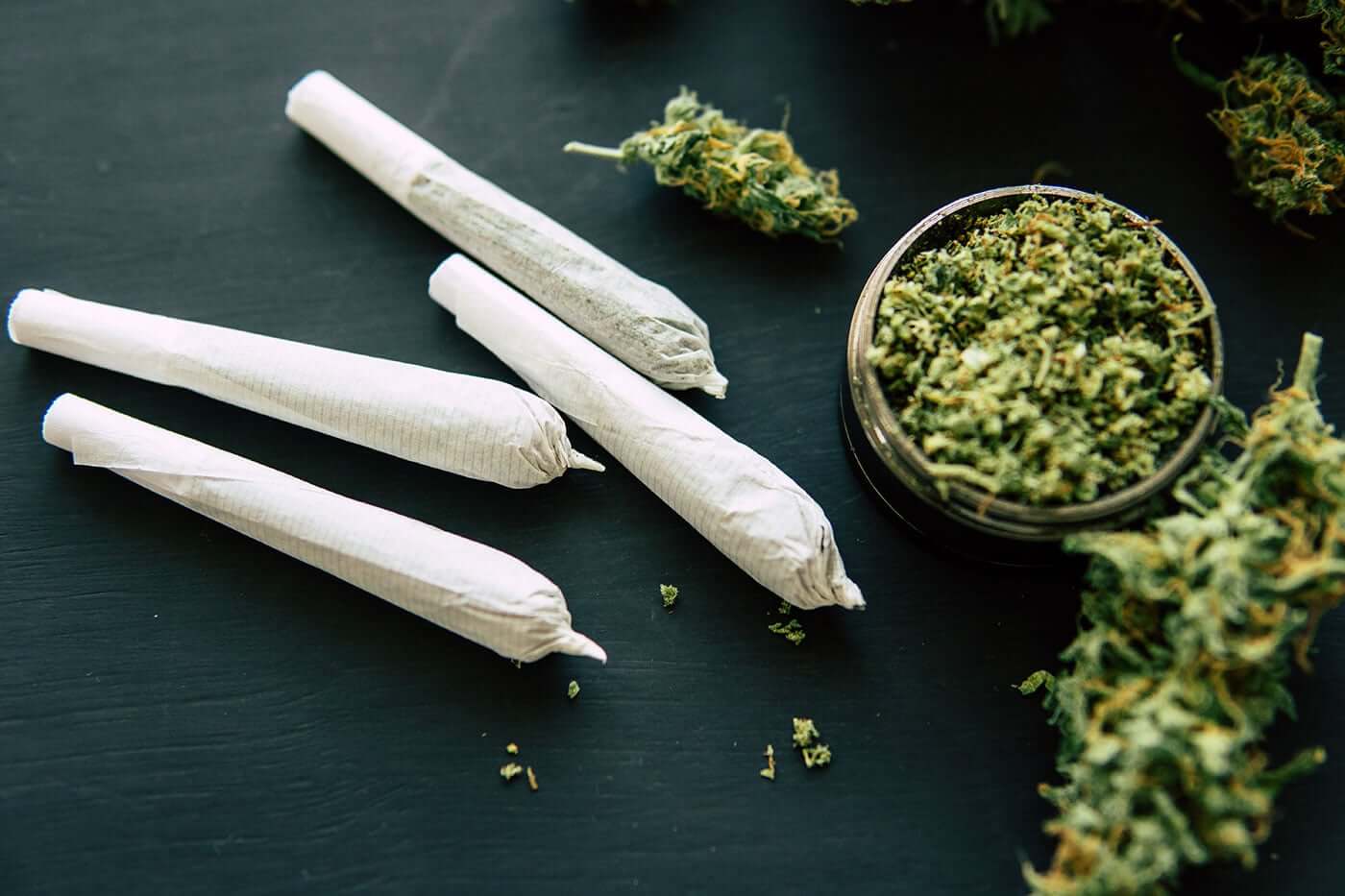It’s not clear that same day weed delivery calgary deserves the bulk of the blame. Some researchers have suggested that factors such as peer influence, emotional distress or a tendency toward problem behavior could predispose people to drug use as well as poor life outcomes. “Is marijuana the causal agent in these outcomes, or is it part of a variety of vulnerability factors?” Weiss asks.
Few longitudinal studies have been conducted to follow the trajectories of young people before and after they take their first hit of marijuana. But one long-term prospective study from New Zealand showed worrisome findings.
Duke University psychologist Terrie Moffitt, PhD, and colleagues collected data from the Dunedin Multidisciplinary Health and Development Study, longitudinal research that has followed 1,000 New Zealanders born in 1972. Participants answered questions about marijuana use at 18, 21, 26, 32 and 38. They also underwent neuropsychological testing at ages 13 and 38.

Over time, smoking marijuana may cause chronic cough and other health issues. The effects of marijuana on the body are often immediate. Longer-term effects may depend on how you take it, how much you use, and how often you use it. The exact effects are hard to determine because marijuana has been illegal in the U.S., making studies difficult and expensive to conduct. But in recent years, the medicinal properties of marijuana are gaining public acceptance. As of 2017, 29 states plus the District of Columbia have legalized medical marijuana to some extent. THC and another ingredient called cannabidiol (CBD) are the main substances of therapeutic interest. The National Institutes of HealthTrusted Source funded research into the possible medicinal uses of THC and CBD, which is still ongoing. With the potential for increased recreational use, knowing the effects that marijuana can have on your body is as important as ever. Read on to see how it affects each system in your body.
Marijuana is the most widely used illicit drug in the United States — but the term “illicit” may not apply much longer. Twenty-three states have legalized Cannabis sativa for medical use since 1996. Alaska, Colorado, Oregon, Washington and Washington, D.C., now allow recreational use of the drug for people over 21. Acceptance of marijuana is growing (ahem) like a weed.
Those laws are not without controversy. Among the critics’ concerns is the worry that, despite age limits, legalization might make marijuana more accessible to young people. And adolescents’ developing brains may be particularly vulnerable to lasting damage from the drug.
“There are a lot of open questions” about the long-term effects of marijuana, says Susan Weiss, PhD, director of the division of extramural research at the National Institute on Drug Abuse (NIDA). “But there’s a growing literature, and it’s all pointing in the same direction: Starting young and using frequently may disrupt brain development.”